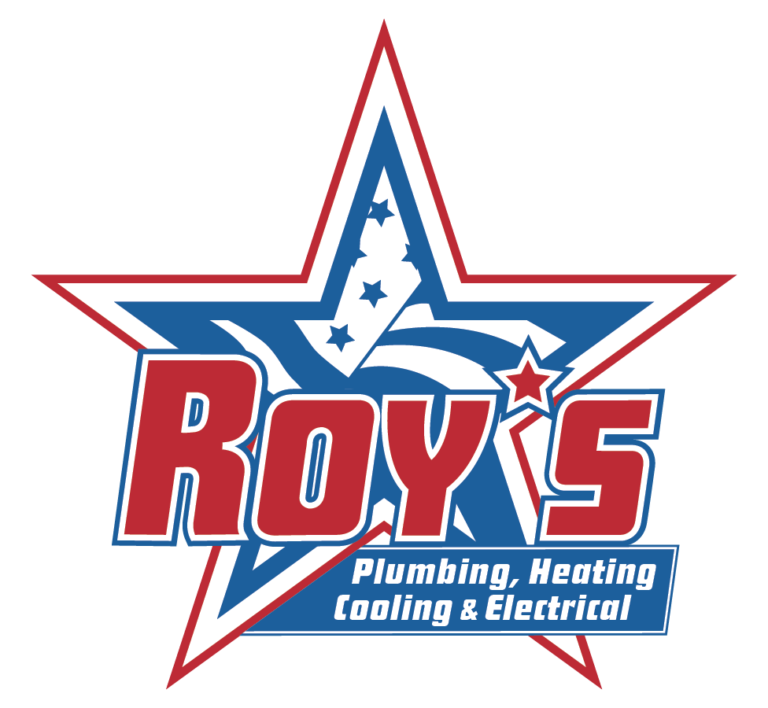

Experience unmatched reliability with our expert plumbing solutions. We tackle everything from leaks to installations with precision and care.
Stay warm and comfortable with our efficient heating services. Our skilled technicians ensure your system performs at its best when you need it most.
Beat the heat with our top-notch cooling systems. We provide timely maintenance and repair services to keep your space cool and inviting.
Safety and efficiency are at the heart of our electrical services. Trust us for impeccable installations, upgrades, and repairs.
Considering a kitchen or bathroom remodel in Buffalo & Western NY? Roy”s has served the Buffalo community since 1973.
Our commercial plumbing services are designed to support your business operations without disruption. We handle large-scale projects with expertise and professionalism.